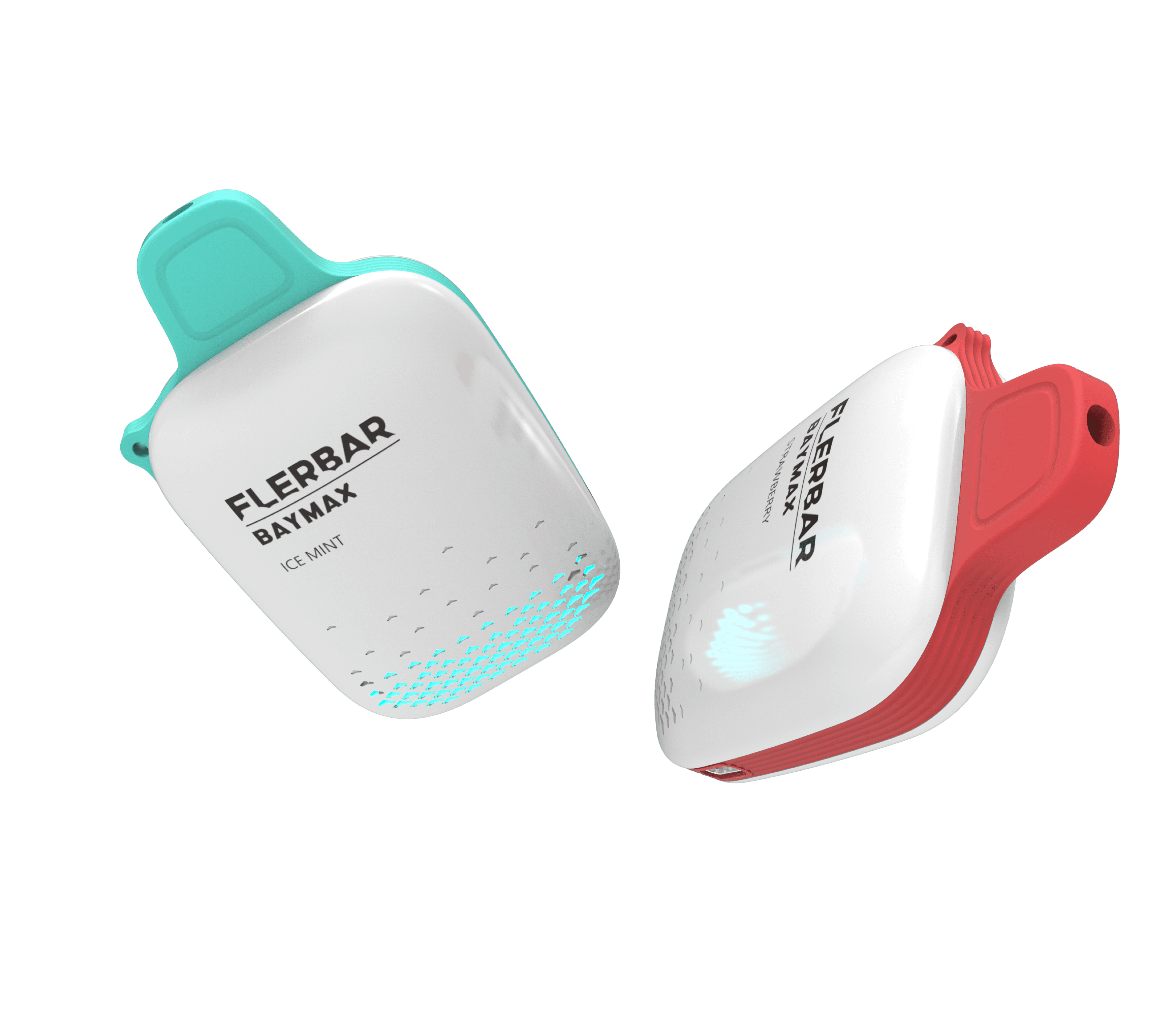Shop By Brand
Shortfill Vape Juices
Shortfills Multi-Buy Deals
Nicotine Salts Multi-Buy Deals
Eliquid Flavours

It is a challenging task, but it is one of the best things that you can do for your health. Not only does smoking increase your risk of lung cancer, heart disease, and stroke, but it also affects your overall quality of life. If you're ready to quit smoking cigarettes, there are several methods and strategies that can help you succeed.
The decision of whether to quit smoking cold turkey or gradually is a personal one and can depend on the individual's smoking habits and lifestyle.
Quitting cold turkey means stopping smoking immediately, without the use of any nicotine replacement therapy (NRT) or gradual reduction in the number of cigarettes smoked per day. This method can be effective for some people, especially those who have a strong willpower and are able to stick to their quit plan.
On the other hand, some people find it helpful to gradually reduce their smoking before quitting altogether. This can be done by using NRT products, such as nicotine gum or patches, to gradually wean off nicotine, or by gradually reducing the number of cigarettes smoked per day. This can help to reduce withdrawal symptoms and cravings, and make the quitting process less overwhelming.
Ultimately, the most effective method for quitting smoking will vary from person to person and it's important to find a quit method that works for you. It's also important to remember that it's okay to try different methods and to not be discouraged if you slip up or need to try again. Consulting your healthcare professional or counselor can be helpful in making the decision of how to quit.
Quitting smoking can be a difficult task, but many smokers turn to e-cigarettes, or vapes, as an alternative in their journey to quit. A nicotine-free disposable e-cigarette is one option for smokers looking to quit, as it provides the physical act of inhaling and exhaling, similar to a traditional cigarette, without the nicotine. Research suggests that using nicotine-free disposable e-cigarettes as a tool to quit smoking can be effective, as it can help to reduce cravings, ease withdrawal symptoms, and mimic the physical act of smoking.
While more research is needed to fully understand the effectiveness of nicotine-free disposable e-cigarettes in helping smokers quit, some studies have shown that using e-cigarettes with no nicotine can be helpful in reducing the number of cigarettes smoked per day, and ultimately quitting smoking cigarettes altogether.

In addition, it's also important to note that using e-cigarettes, regardless of whether they contain nicotine or not, is not risk-free. While they are considered to be less harmful than traditional cigarettes, e-cigarettes can still cause harm to the lungs and body. Therefore, it's important to carefully consider all options and consult your healthcare professional before making a decision about quitting smoking.
Vape Forest Team Tweet
Flerbar Bymax 0 Nicotine disposable vape is a type of e-cigarette that contains no nicotine. Nicotine is the addictive substance in cigarettes, so using a product that does not contain nicotine can help individuals quit smoking by reducing their cravings for nicotine.
For more info about this product please visit Flerbar Baymax 0mg Disposable Vape.
When you quit smoking, the first week can be a challenging time as your body begins to adjust to the absence of nicotine. Here are some of the changes that you may experience in the first week of quitting smoking:
Keep in mind that these symptoms are temporary and will decrease over time. The benefits of quitting smoking such as improved lung function, reduced risk of diseases and better overall health, are well worth the temporary discomfort you may experience during the first week of quitting smoking.
No account yet?
Create an AccountYou must be 18 years of age or older to view page. Please verify your age to enter.
Your access is restricted because of your age.